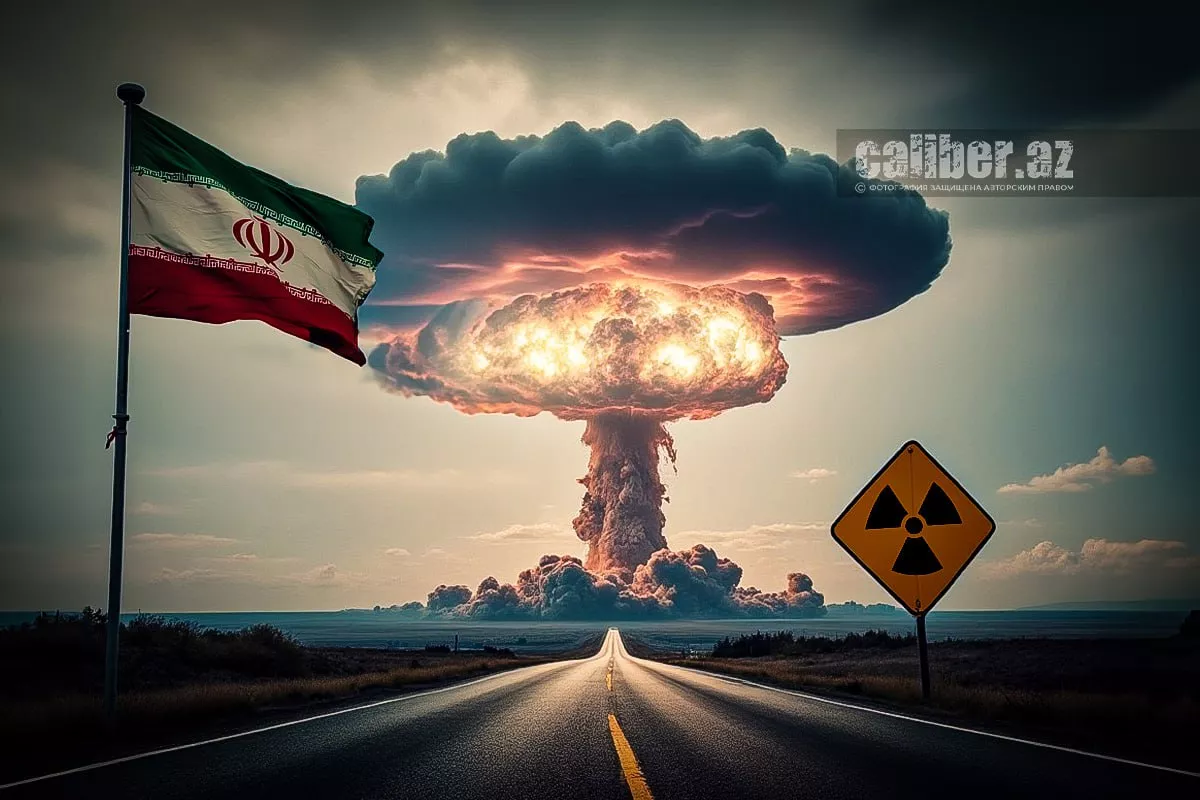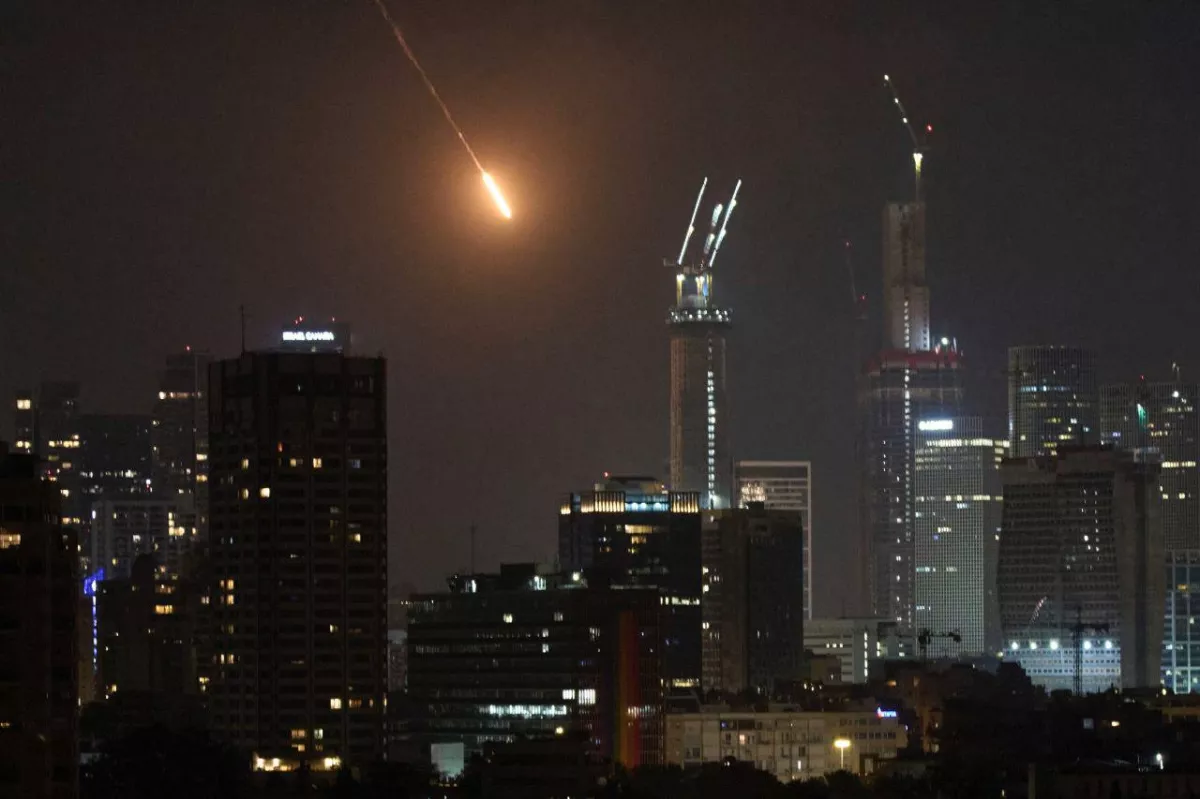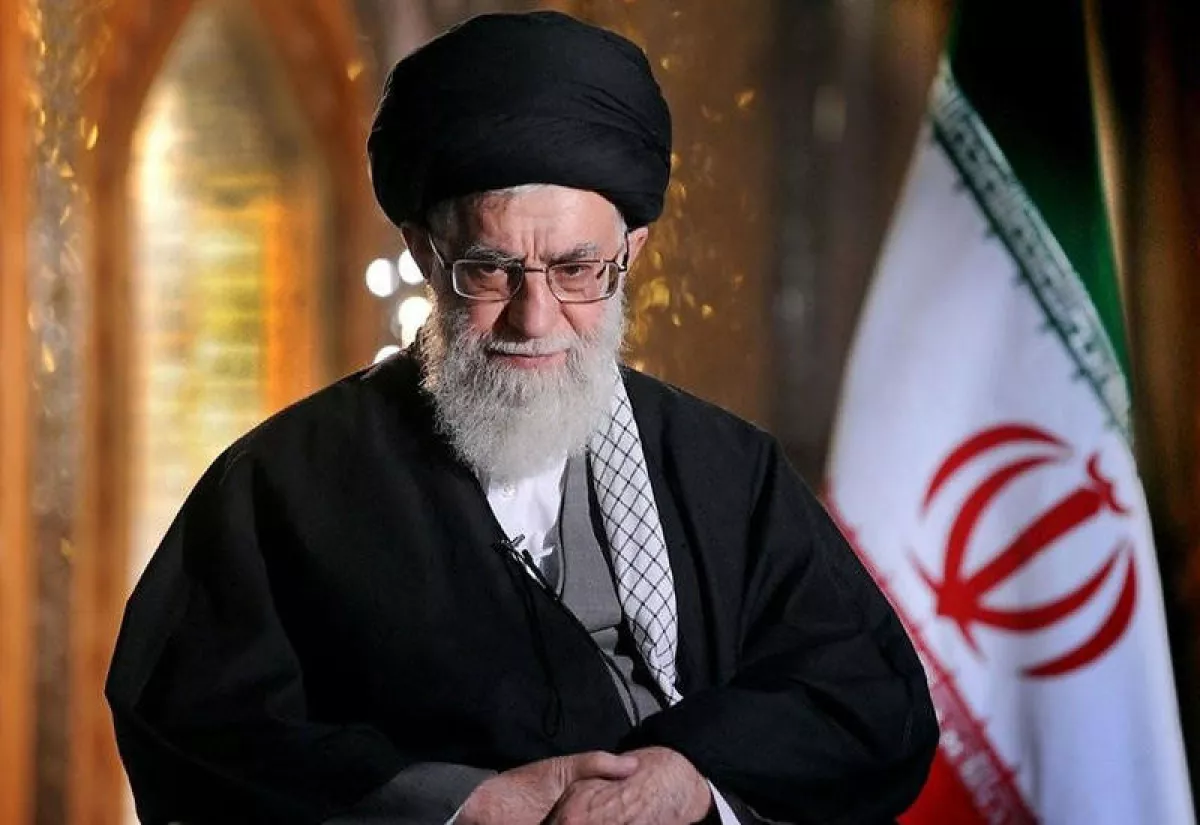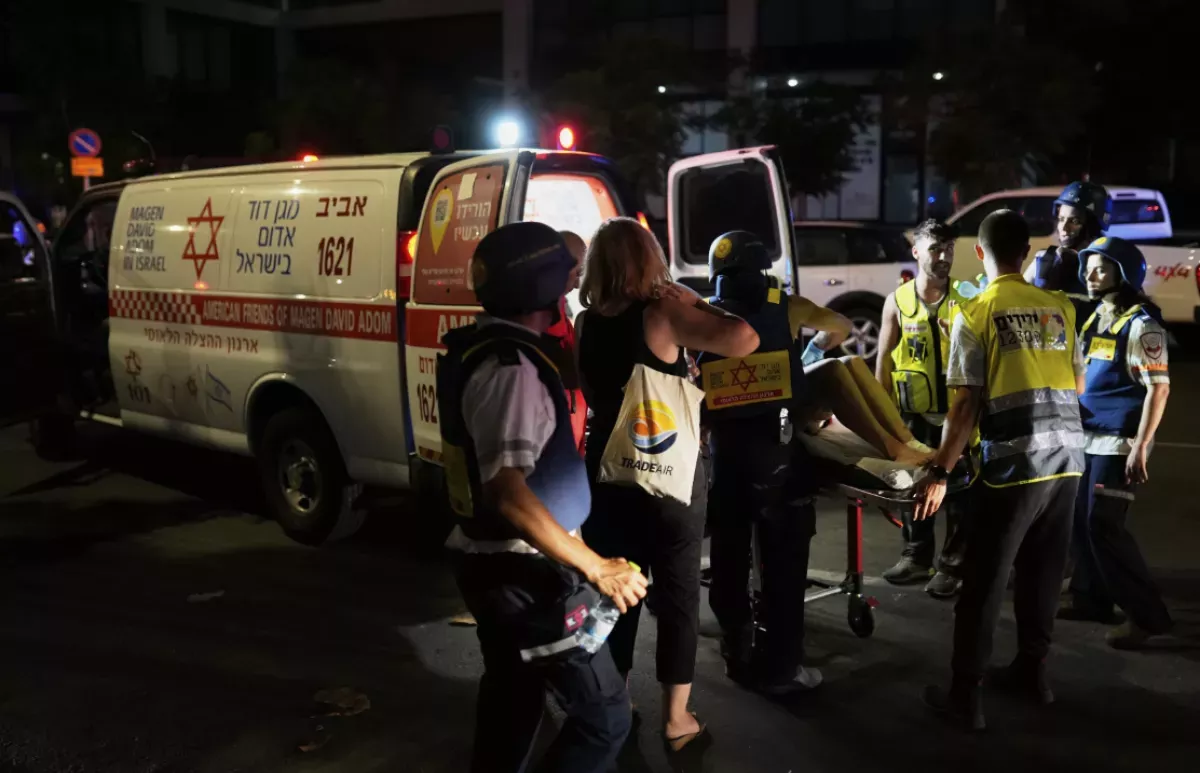Iran–Israel: A night of mutual strikes Escalation intensifies
The military escalation between Iran and Israel continues to grow. On June 13, the Israelis launched missile strikes on the city of Qom in central Iran, home to one of the country’s key nuclear facilities — the Fordow uranium enrichment centre. According to the Tasnim news agency, the Fordow facility was not damaged. Earlier, the Israeli Air Force also attacked a nuclear site in the Iranian city of Isfahan. According to a statement from the IDF press service, the strike destroyed uranium enrichment and production facilities, laboratories, and other infrastructure located at the site.
Preliminary assessments indicate that Israel's strikes on the nuclear facility in Natanz were highly effective, damaging not only above-ground structures but also critical infrastructure within the complex. According to two U.S. officials who spoke to CNN, the explosions disrupted power supply to the lower levels of the facility, where centrifuges used for uranium enrichment are housed.
The head of the International Atomic Energy Agency (IAEA), Rafael Grossi, told a UN Security Council meeting that the Israeli strikes completely destroyed the above-ground pilot uranium enrichment plant at Natanz. According to him, this section had been producing uranium enriched up to 60%.

As expected, on the evening of June 13, Tehran responded with a massive attack on the Jewish state. The Islamic Revolutionary Guard Corps (IRGC) officially announced the launch of a military operation called "True Promise – 3" (Va'de-ye Sadeq 3), in retaliation for Israel’s morning airstrikes on Iranian territory.
Iranian media reported the launch of hundreds of ballistic missiles targeting Israel in response to the large-scale strikes previously carried out by the Israeli Air Force on sites in the Islamic Republic.
Meanwhile, the Israeli side estimated the number of incoming missiles as “dozens,” explaining that the discrepancy may be due to some projectiles falling short of Israeli territory and landing well before reaching their intended targets. The Iranian Fars News Agency reported that the launches originated from the southern province of Fars.
Missiles that penetrated the "Iron Dome" missile defence system have struck Tel Aviv. Footage from the city shows plumes of smoke rising among high-rise buildings. According to CNN correspondents on the ground, the sound of powerful explosions was heard in both Tel Aviv and Jerusalem.
Several of the Iranian-launched missiles reportedly hit the building of Israel’s Ministry of National Security, as confirmed by Iran’s state news agency IRNA. The Islamic Revolutionary Guard Corps (IRGC) stated that the strikes targeted dozens of sites, including military installations and airbases across Israeli territory.

However, the IDF accused the Iranian authorities of targeting the country’s civilian population. “The citizens of Israel are currently under direct attack by the Iranian regime. The world must not remain silent,” read an official statement released by the military press service.
Israeli Defence Minister Israel Katz declared that Iran had “crossed a red line” by daring to launch missile strikes on areas populated by civilians.
“We will continue to defend the citizens of Israel and will ensure that the Ayatollah regime pays a very heavy price for its monstrous actions,” Katz emphasised.

For his part, Iran’s Supreme Leader Ayatollah Ali Khamenei stated that the Islamic Republic is delivering “heavy blows” to Israel in response to its actions.
“After the Zionist regime started the war, Iran is now striking back with powerful blows,” Iranian media quoted Khamenei as saying.
Israeli Prime Minister Benjamin Netanyahu, in an address to the nation, outlined the reasons and objectives behind the current military operation against Iran. According to him, Israel’s actions are part of a well-considered strategy based on intelligence assessments and an analysis of long-term threats posed by Tehran.
Meanwhile, according to Iran’s Tasnim News Agency, Iranian air defence units shot down two Israeli F-35 fighter jets.
“Our country’s air defences successfully struck two fighter jets belonging to the Zionist regime, as well as a large number of small drones,” read a statement issued by the armed forces of the Islamic Republic.
The agency also reported that the pilot of one of the downed aircraft—a woman—was captured by Iranian forces and is now being held in custody.
At the same time, Iran has threatened to intensify its attacks on Israel and target the military bases of any country that attempts to defend it. CNN, citing a senior Iranian official, reported: “Any country that attempts to defend the regime against Iran’s operations will, in turn, see its regional bases and positions become new targets.”

According to the latest reports, at least four people have been killed and another 70 injured as a result of Iran’s retaliatory missile strikes on Israel, The Jerusalem Post reported, citing emergency medical services.
This morning, the IDF announced that the Israeli Air Force had conducted overnight strikes on dozens of surface-to-air missile infrastructure sites in Tehran, as part of efforts to degrade Iran’s air defence capabilities in the capital.
Air Force Commander Major General Tomer Bar stated: “After a tense day in which we struck hundreds of targets, we carried out a wave of precise strikes of operational and national significance over the skies of Tehran, enhancing our air superiority and freedom of action within Iran. For the first time since the war began, dozens of Israeli fighter jets flew over Tehran—more than 1,500 kilometres from Israeli territory—and struck defensive installations within the Iranian capital.”








